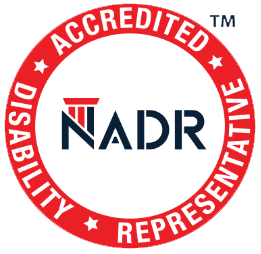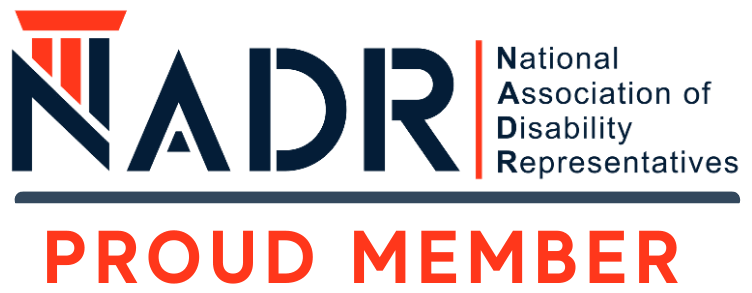Social Security Disability Insurance (SSDI) benefits provide a lifeline for those who develop long-term disabilities. Since you paid into the system, you are also entitled to receive these benefits if you become eligible. However, the Social Security Administration (SSA) rigorously enforces eligibility requirements. Thus, your SSDI application must include clear evidence of your disabling health condition.
Read more →If you have a disability that has made it impossible to work for at least 12 months, or if you’re over 65, you could be eligible to receive Social Security Administration (SSA) disability benefits. As with other programs that the government handles, applying for and receiving the benefits can be more complex than it first appears.
Recently, the Social Security Administration made significant updates to these disability benefits. Here is what you need to know about these updates and what they mean for you.
The Social Security Disability 5-Year Rule, also known as the “Duration of Work” rule, is an essential eligibility requirement for individuals seeking Social Security Disability Insurance (SSDI) benefits in the United States. This rule determines whether an applicant has worked long enough and recently enough to qualify for SSDI benefits.
Read more →Navigating the complex world of disability benefits can be overwhelming, especially when you’re dealing with health challenges. The complexities involved in understanding eligibility criteria, the application process, and the various types of disability benefits available can often seem like an insurmountable task. Having access to clear and reliable information, as well as expert guidance, can make a world of difference. The role of a disability representative is to support and assist individuals in winning their disability cases.
Read more →Living with a mental illness can significantly impact a person’s life, making it challenging to maintain employment and carry out daily activities. Recognizing these difficulties, the United States provides disability benefits to individuals with mental health conditions. Disability Support Services (DSS) of Maryland aims to provide an overview of disability benefits for mental illness, including the types of benefits available, eligibility criteria, and the application process. Understanding your rights and options can help you access the support you need to navigate your mental health journey.
Read more →Disability benefits are payments made to those who can no longer work due to a disability. Typically, though, the phrase “disability benefits” is specifically referencing money that the federal government distributes. This is different from the term “disability insurance,” which usually entails money that private insurance companies pay to insured individuals. The federal program that pays disability benefits is called Social Security Disability Insurance (SSDI). In addition, the government has a sister program called Supplemental Security Income (SSI) to support those that were never able to work due to disability.
Read more →Social security disability insurance (SSDI) and supplemental security income (SSI) are federal programs designed to provide financial support for persons with disabilities. When you apply for Social Security disability, it’s crucial to complete the paperwork correctly. You also need to provide supporting documents for your claim to be approved. The timing of your SSDI/SSI application is also important. This guide provides the facts to help you through your application process.
Read more →The SSA has a page dedicated to the update of COVID-19 economic impact payment and what that means for social security recipients. In it, they have an updated Economic Impact Payments (PDF) that outlines commonly asked questions. To help SSDI and SSI recipients with this PDF, DSS has created this easy to use infographic. It is a flow chart that outlines what to expect. Keep scrolling to see additional information.
Read more →Are you unsure of the difference between Medicare and Medicaid? Don’t worry; you’re not alone. While the programs are commonly confused with one another, they are two very different programs. To make a more informed decision on your healthcare, make sure to take the necessary time to research each program. While you may be eligible for only one program, some individuals may be eligible to receive benefits from both.
Read more →






![Economic Impact Payments for SSDI and SSI Recipients [Infographic]](https://www.dssmd.com/wp-content/uploads/2023/06/DSS_04_EconomicImpact-570x172_c.png)




